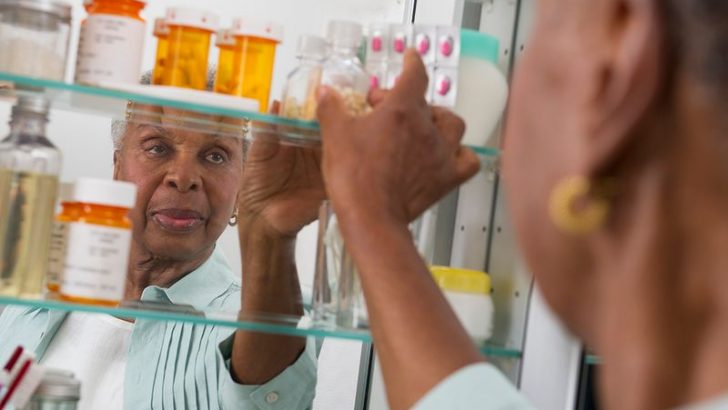Many commonly prescribed medications can adversely affect the gut microbiome, leading to imbalances that may impact overall health. Our gut microbiome, a bustling community of trillions of bacteria, viruses, and fungi, plays a pivotal role in our overall well-being. It aids digestion, regulates the immune system, and even influences mental health. Yet, certain medications, while beneficial in treating specific conditions, can unintentionally disrupt this delicate balance. Such disruptions can pave the way for various health issues, from digestive disorders to chronic inflammation and beyond. Awareness of these medications can empower us to make informed decisions about our health, in consultation with healthcare professionals. Dive into our detailed exploration of these medications to understand their effects better.
1. Antibiotics

Antibiotics have revolutionized modern medicine, saving countless lives from bacterial infections. However, their impact on the gut microbiome is profound. These medications don’t discern between harmful and beneficial bacteria, often wiping out both. This loss can create a vacuum, allowing opportunistic pathogens to take hold. Frequent antibiotic use has been linked to conditions like Clostridium difficile infections, obesity, and even asthma. The aftermath of antibiotic treatment may also lead to digestive disturbances and a decreased ability to synthesize essential vitamins. Restoring balance often requires probiotics or dietary adjustments. Are we overusing antibiotics at the expense of our gut health?
2. Proton Pump Inhibitors (PPIs)
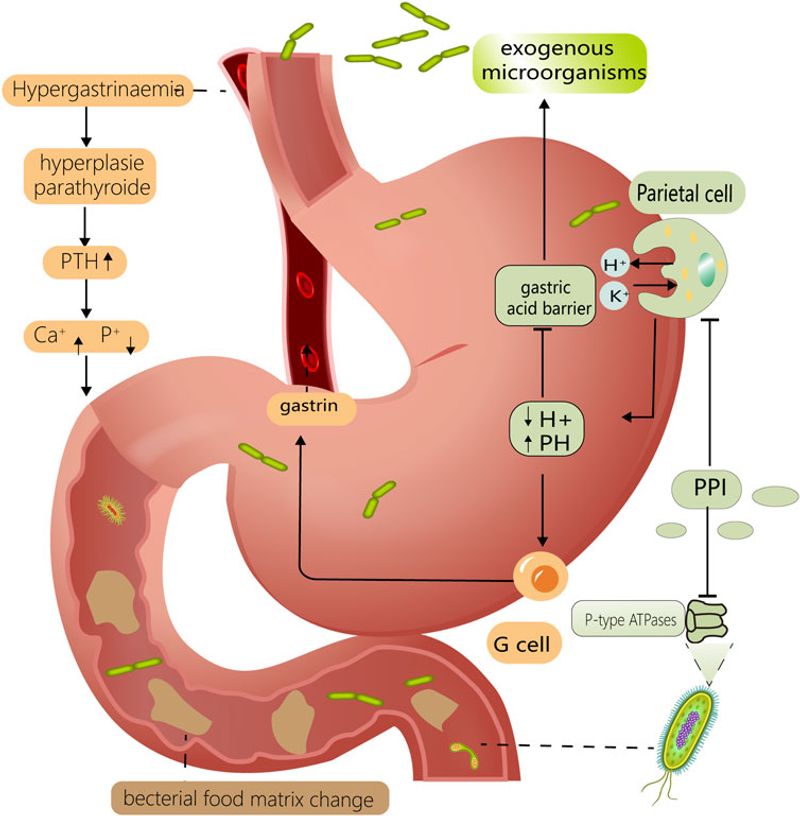
Proton Pump Inhibitors (PPIs) are the go-to solution for acid reflux and ulcers, providing much-needed relief by reducing stomach acid production. However, this reduction can have unintended consequences for the gut microbiome. A less acidic environment allows certain harmful bacteria to thrive, potentially leading to infections like Clostridium difficile. Moreover, the altered pH can affect nutrient absorption, further complicating gut health. Despite their benefits, long-term use of PPIs requires careful consideration, as they may set the stage for more significant digestive issues later. Is the comfort they provide worth the potential microbial imbalance?
3. Nonsteroidal Anti-Inflammatory Drugs (NSAIDs)
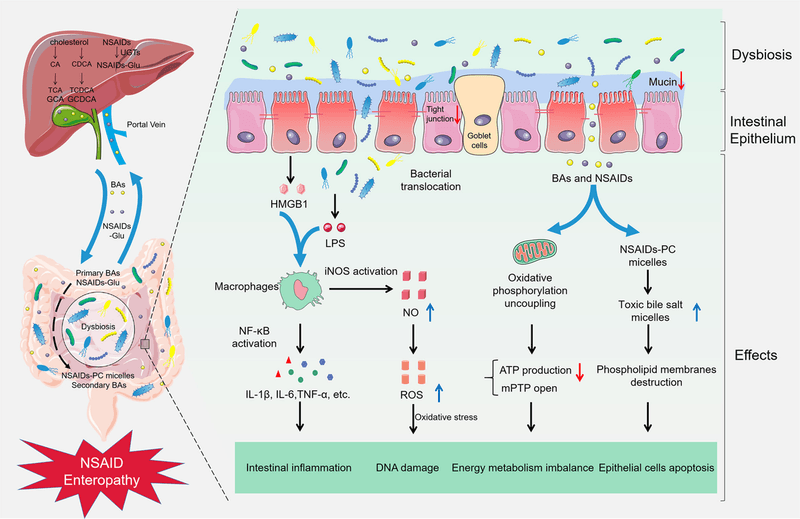
Nonsteroidal Anti-Inflammatory Drugs (NSAIDs), such as ibuprofen and aspirin, are staples in pain and inflammation management. Yet, their effect on the gut is less benign. These drugs can damage the gut lining, increasing intestinal permeability—a condition known as leaky gut. This disruption can lead to ulcers and gastrointestinal bleeding. Additionally, NSAIDs may promote an imbalance in the gut microbiome, fostering the growth of harmful bacteria. While they offer pain relief, their frequent use demands caution. Could this common remedy be causing more harm than healing in our digestive systems?
4. Metformin
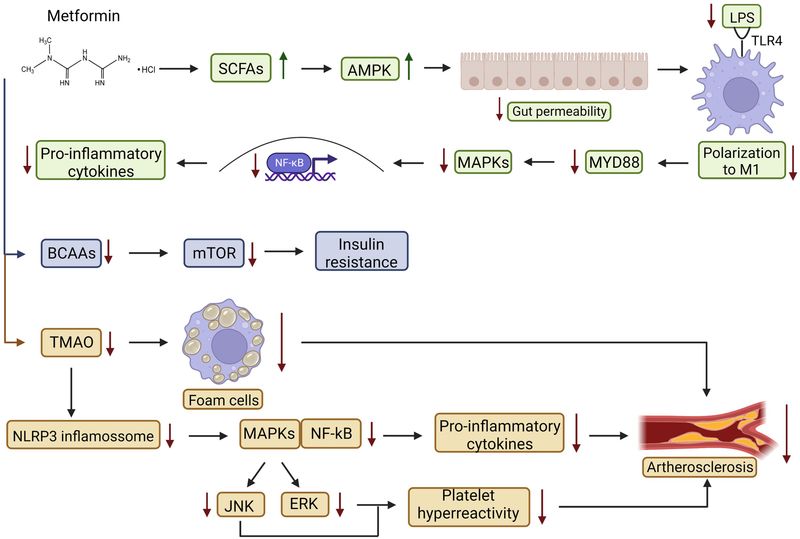
Metformin, a cornerstone in managing type 2 diabetes, also influences the gut microbiome. Research indicates it increases certain beneficial bacteria like Akkermansia muciniphila and Lactobacillus while reducing others such as Intestinibacter. These changes may contribute to its glucose-lowering effects. However, this shift isn’t without downsides. Some patients experience gastrointestinal side effects, including bloating and diarrhea. While Metformin plays a crucial role in controlling blood sugar, its broader impact on gut health invites further exploration. Is the microbiome alteration a hidden benefit or an unintended complication?
5. Statins
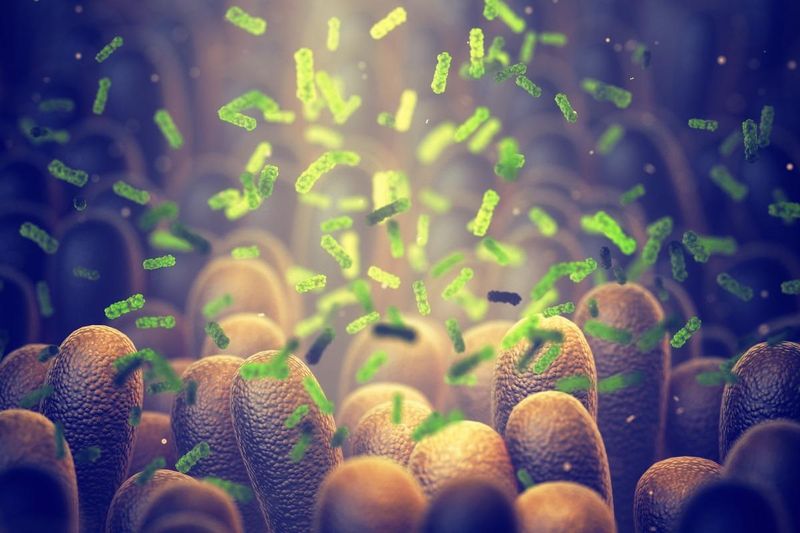
Statins stand as a pillar in combating high cholesterol, reducing the risk of heart disease. However, their interaction with the gut microbiome is complex. Statins may inhibit the growth of beneficial bacteria, leading to an imbalance that could have metabolic repercussions. Some studies suggest this shift may even correlate with an increased risk of type 2 diabetes. While statins offer clear cardiovascular benefits, their impact on gut microbial diversity raises questions about long-term use. Can managing cholesterol come at the cost of our microbial health?
6. Antidepressants
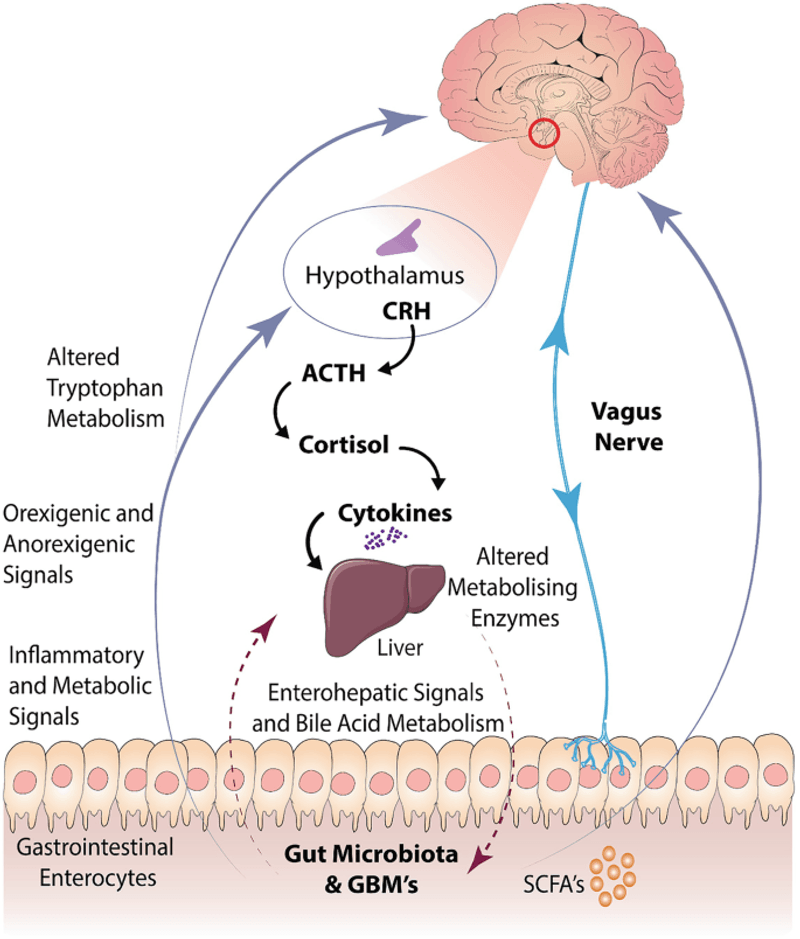
Antidepressants, particularly selective serotonin reuptake inhibitors (SSRIs), extend their reach beyond mood regulation. These medications can influence gut motility and microbial composition. Prolonged use has been linked to a reduction in microbial diversity, leading to potential imbalances between beneficial and harmful bacteria. The gut-brain connection means these changes can affect both mental and digestive health. As more people turn to antidepressants, understanding their full scope of effects becomes imperative. Are we addressing mental health at the expense of gut harmony?
7. Antacids
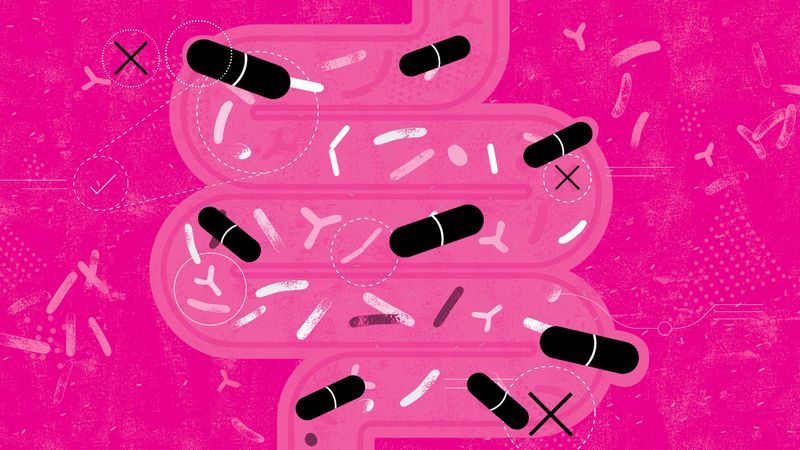
Antacids, designed to neutralize stomach acid, offer quick relief from heartburn and indigestion. Yet, this neutralization can interfere with digestion and nutrient absorption, impacting the gut microbiome’s delicate balance. By altering the stomach’s pH, antacids may favor the growth of certain bacteria over others, potentially leading to dysbiosis. While the immediate comfort is undeniable, the implications for long-term gut health warrant consideration. Does short-term relief justify the possibility of disrupting our microbial ecosystem?
8. Laxatives
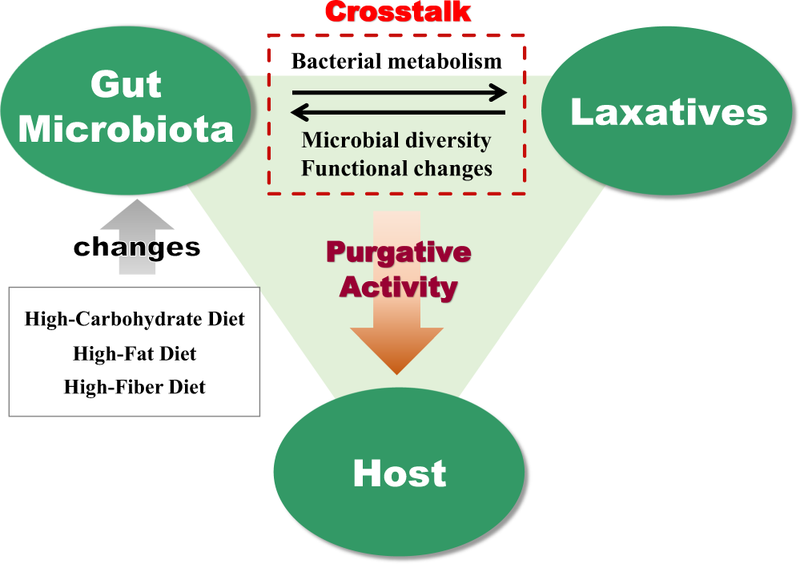
Laxatives are a lifeline for those struggling with constipation, but their overuse can spell trouble for the gut. By forcing bowel movements, they may lead to dependency, disrupting natural rhythms. Dehydration and electrolyte imbalances are common side effects, further complicating gut health. The frequent use of laxatives can also alter the gut microbiome, potentially affecting its diversity and function. While they serve an essential purpose, how do we balance efficacy with the risk of dependency and disruption?
9. Antihistamines
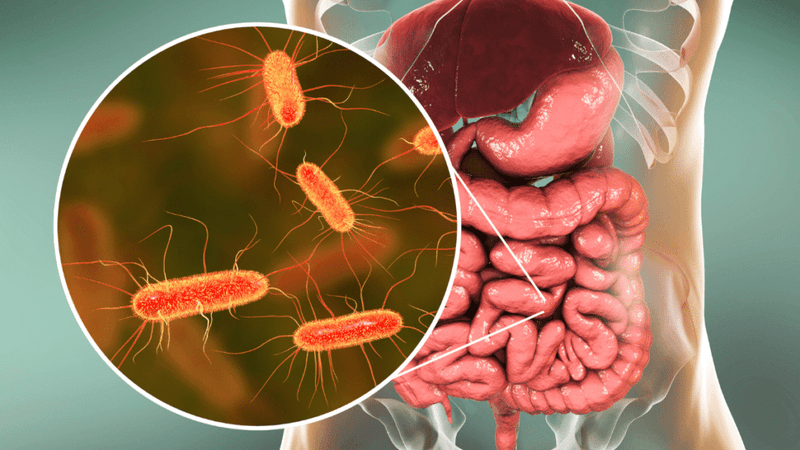
Antihistamines provide respite from allergies, but their influence extends to the gut. Some can cross the blood-brain barrier, affecting gut motility and potentially leading to constipation. This alteration in bowel habits can disrupt the microbial balance, impacting overall digestive health. As we reach for relief during allergy season, it’s vital to consider how these medications might affect our gut. Are short-term allergy solutions paving the way for long-term gut challenges?
10. Decongestants
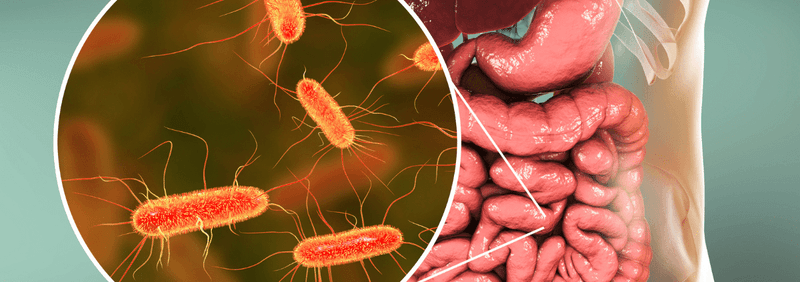
Decongestants alleviate nasal congestion by constricting blood vessels, but this action also affects the gut. Reduced blood flow can lead to decreased motility, impacting digestion. This slowdown may cause an imbalance in the gut microbiome, raising concerns about long-term use. While effective in clearing nasal passages, are decongestants inadvertently slowing down our gut’s natural rhythm?
11. Birth Control Pills
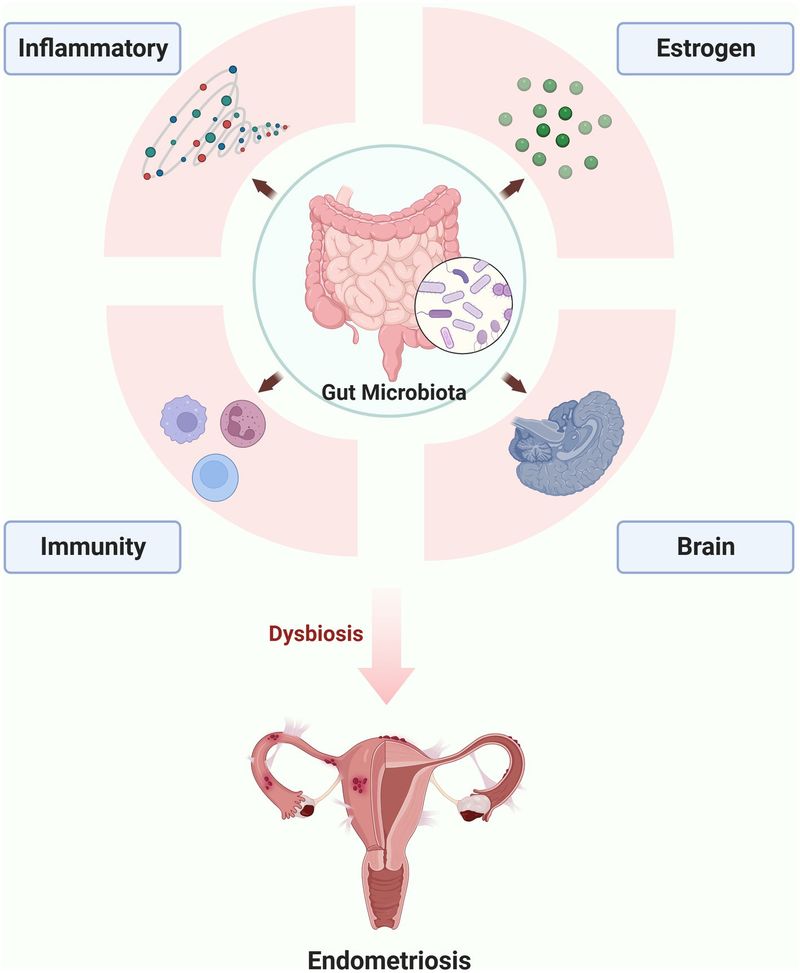
Birth control pills, by altering estrogen levels, can impact the gut microbiome. These hormonal changes may increase intestinal permeability and promote inflammation, leading to potential imbalances in gut bacteria. Such disruptions have been linked to conditions like leaky gut and chronic inflammation. While they offer reliable contraceptive benefits, the broader implications for gut health deserve attention. How do we weigh reproductive control against potential microbial turmoil?
12. Chemotherapy Drugs
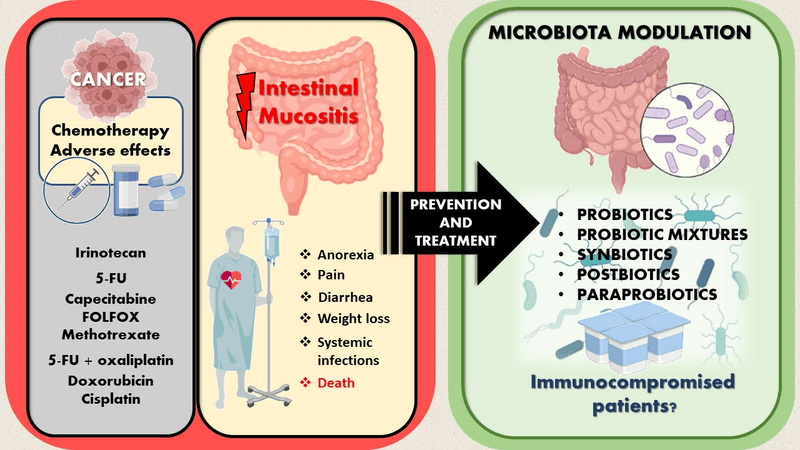
Chemotherapy drugs are powerful allies in the fight against cancer, but their side effects on the gut microbiome are significant. These medications can drastically alter microbial composition, impairing immune function and leading to dysbiosis. The resulting imbalance increases susceptibility to infections and gastrointestinal issues, complicating recovery. While essential for cancer treatment, understanding their impact on gut health can guide supportive care strategies. How do we support gut resilience amidst aggressive cancer therapies?

Well, hello there!
My name is Jennifer. Besides being an orthodontist, I am a mother to 3 playful boys. In this motherhood journey, I can say I will never know everything. That’s why I always strive to read a lot, and that’s why I started writing about all the smithereens I came across so that you can have everything in one place! Enjoy and stay positive; you’ve got this!

